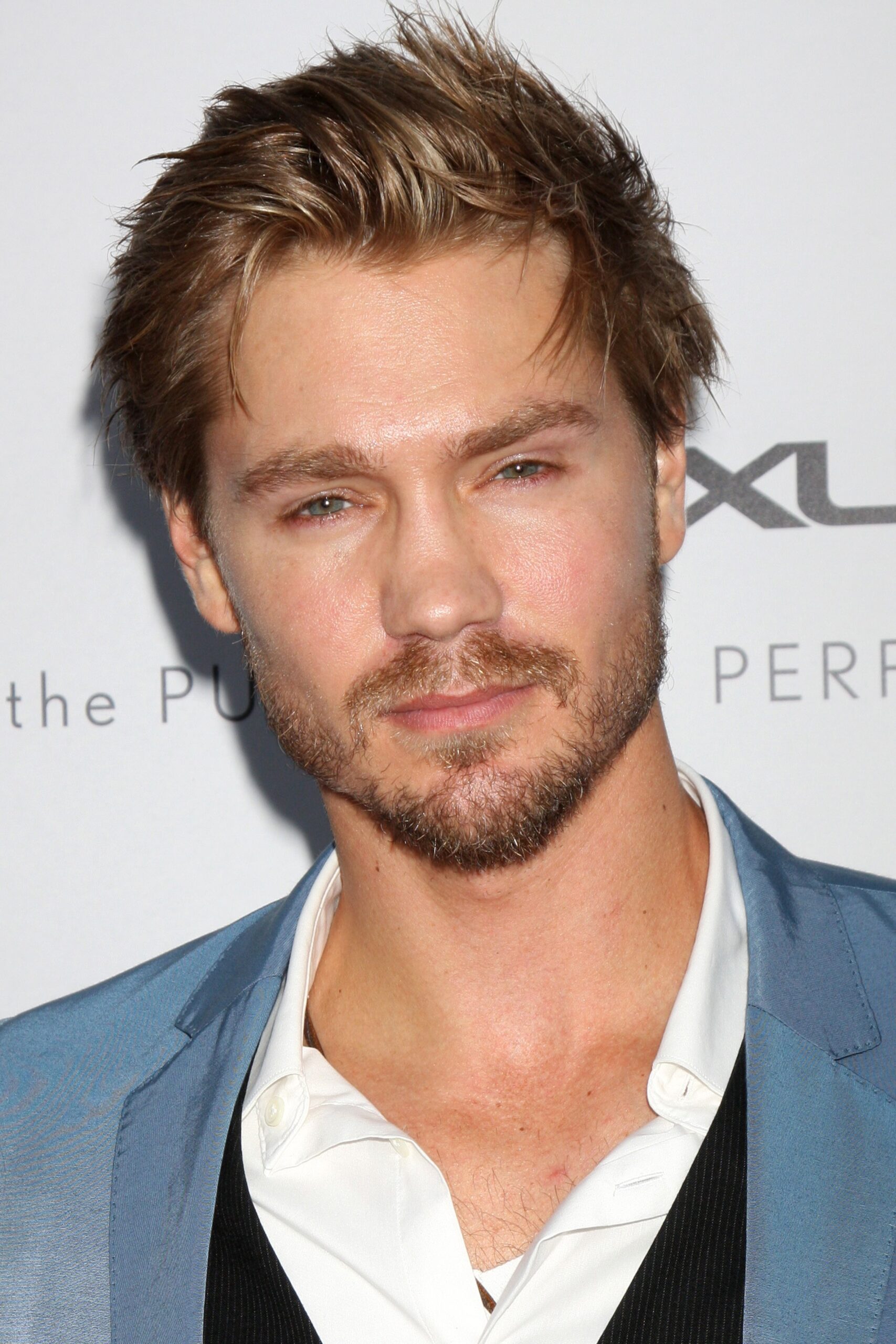If some of the images in Blood Cultures’s music videos look familiar, perhaps it’s because they’re drawn directly from the collective unconscious. Carl Jung defined the collective unconscious as a deeply buried part of the subconscious mind that is not shaped by experience, but rather is shared by all humans. According to Jung, the collective […]






